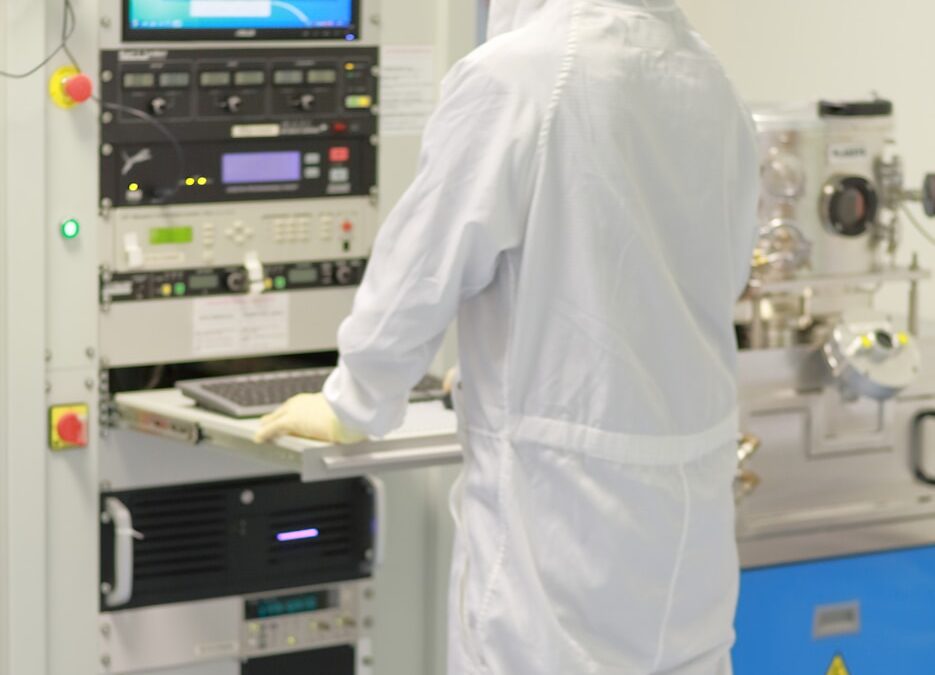Strengthening Regulations for Future Innovations
Regulatory frameworks in nanotechnology development are pivotal in ensuring the safe and responsible advancement of this transformative technology. Nanotechnology, which involves manipulating materials on an atomic or molecular scale, has vast potential applications, from healthcare and environmental management to surveillance and manufacturing. The rapid evolution of nanotechnology necessitates robust regulatory measures to mitigate potential risks and ethical concerns, thereby ensuring that its benefits are maximized while individual rights and environmental safety are protected.
In regions like Saudi Arabia and the UAE, where technological innovation is a priority, implementing comprehensive regulatory frameworks is essential. These frameworks help guide the development and deployment of nanotechnology, ensuring compliance with international standards and best practices. They also provide a structured approach to addressing the ethical and safety concerns associated with nanotechnology, fostering public trust and acceptance.
For these frameworks to be effective, they must be dynamic and adaptable, capable of evolving alongside technological advancements. This requires continuous collaboration between government agencies, industry stakeholders, and academic institutions. By fostering a cooperative environment, Saudi Arabia and the UAE can lead the way in establishing effective regulatory systems that support safe and responsible nanotechnology development.
Enhancing Safety and Ethical Standards
The role of regulatory frameworks in nanotechnology development extends beyond safety to encompass ethical considerations. Nanotechnology, with its potential to revolutionize fields like medicine and environmental science, also poses significant ethical challenges. For instance, the use of nanotechnology in surveillance raises concerns about privacy and civil liberties. Robust regulatory frameworks are essential to address these concerns, ensuring that nanotechnology is used ethically and responsibly.
In healthcare, nanotechnology can enable groundbreaking treatments and diagnostic tools. However, without proper regulations, there is a risk of unintended consequences, such as adverse health effects or environmental impacts. Effective regulatory frameworks ensure that nanotechnology applications in healthcare are thoroughly tested and monitored, safeguarding public health and safety.
Moreover, ethical standards must be integrated into regulatory frameworks to ensure that nanotechnology development aligns with societal values. This includes addressing issues of equity and access, ensuring that the benefits of nanotechnology are distributed fairly and do not exacerbate existing inequalities. By incorporating ethical considerations into their regulatory approaches, Saudi Arabia and the UAE can promote responsible innovation that benefits all members of society.
Strengthening Regulatory Frameworks for Future Innovations
To effectively support the safe and responsible development of nanotechnology, it is imperative to strengthen existing regulatory frameworks. This involves several key strategies, including enhancing regulatory capacity, fostering international collaboration, and promoting transparency and public engagement.
Enhancing regulatory capacity requires investment in the necessary infrastructure and expertise to effectively oversee nanotechnology development. This includes training regulatory personnel, developing advanced testing and monitoring capabilities, and establishing clear guidelines for industry compliance. By building robust regulatory institutions, Saudi Arabia and the UAE can ensure that their regulatory frameworks remain effective and relevant in the face of rapid technological change.
International collaboration is also crucial for strengthening regulatory frameworks. Given the global nature of nanotechnology research and development, harmonizing regulatory standards across borders is essential. Saudi Arabia and the UAE can benefit from participating in international regulatory forums and adopting best practices from leading regulatory bodies worldwide. This collaborative approach can help create a cohesive and effective global regulatory environment for nanotechnology.
Promoting transparency and public engagement is another critical strategy for strengthening regulatory frameworks. Public trust and acceptance are vital for the successful implementation of nanotechnology. By engaging stakeholders, including the public, industry, and academia, in the regulatory process, Saudi Arabia and the UAE can ensure that regulatory decisions are transparent, inclusive, and reflective of societal values. Public consultations, open access to regulatory information, and active communication strategies can enhance transparency and foster public confidence in nanotechnology governance.
#Nanotechnology #RegulatoryFrameworks #ResponsibleDevelopment #AI #Blockchain #Leadership #Management #ExecutiveCoaching #BusinessSuccess #ChangeManagement #UAE #SaudiArabia #Riyadh #Dubai































